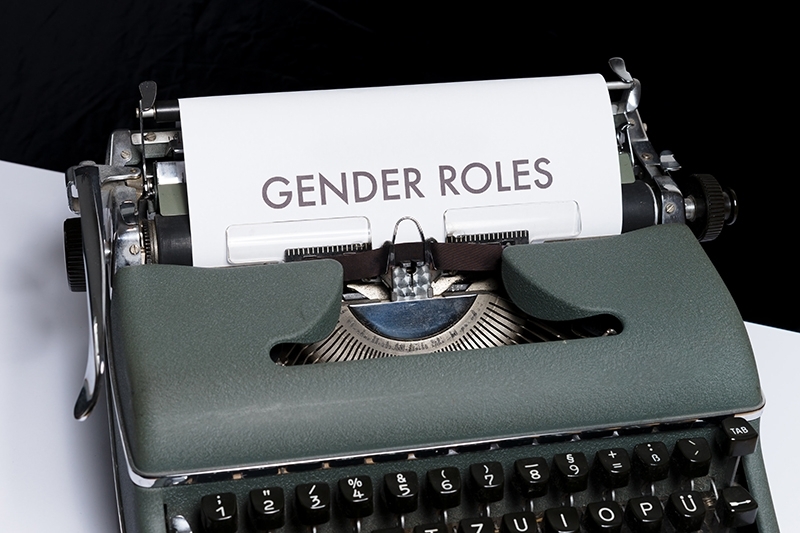Language matters - coded gender bias in job adverts
Research into language barriers that impact female job applicants has shown that women are 50% less likely to consider roles that have a coded gender bias.

Openreach, the UK's digital network business and a national employer of engineers analysed the impact of hidden biases in language used in job adverts. When presented with a gender-inclusive advert as part of the study, women’s interest in the role increased by more than 200%, with 60% stating this was because of the way it was written.
Working with linguists and gender bias experts at the University of Exeter, UK, the project takes a detailed look at language used across Openreach’s recruitment channels. The team created a new, consciously unbiased, job description for the company’s entry level engineering role – with the language of the new advert carefully crafted to appeal to men and women equally.
The report uncovered three key areas for improvement -
- Latent gendered phraseology
- Active vs passive construction i.e either a more masculine or feminine skew in the language used and
- Key skillset descriptors.
The changes were subtle, but gave rise to significant results, painting a clear picture of the simple role that language can play in bringing more women into many industries.
To understand and explore the impact of the language shift, the new wording was tested against the original advert with 2,000 women of working age in the UK. The findings show that a third of women (31%) felt the original advert was more suited to a man than a woman, compared with just 13% of women for the new advert.
Despite four in five (80%) women admitting they wouldn’t consider working in engineering, more than half (56%) were interested in the engineering job role once it had been reimagined and the word ‘engineer’ had been removed. This was supported by the latent stereotyping identified for similar industries, with a quarter (24%) of women still feeling that certain roles are better suited to men.
Dr Chris Begeny, Research Fellow in Gender and Organisational Psychology at the University of Exeter said. ‘All too often the rhetoric around issues of underrepresentation and improving women’s experiences in male-dominated sectors emphasises the idea that women need to lean in and overcome their own internal barriers – overcoming that lack of confidence or lack of perceived fit for a position that might lead women to pass up on an opportunity to pursue a particular job. Yet these fix yourself strategies, often espoused as a method of empowerment, can perpetuate victim blaming.
‘This of course misses the fact that women’s internal barriers often exist because of external barriers – exposure to subtly biased language, stereotypes, and discriminatory treatment that lead women and other marginalised group members to question their suitability for a job and thus their tendency to pursue that opportunity.’
He adds, ‘It is telling that the most common barrier to applying for a job, in general, was the belief that they didn’t have the right skillset. Women were far more likely to recognise that they had the relevant skills to pursue this job when it was described using gender-inclusive language – again illustrating how subtle shifts in language can drastically change perceptions of women’s fit and suitability for traditionally male-dominated roles.’







